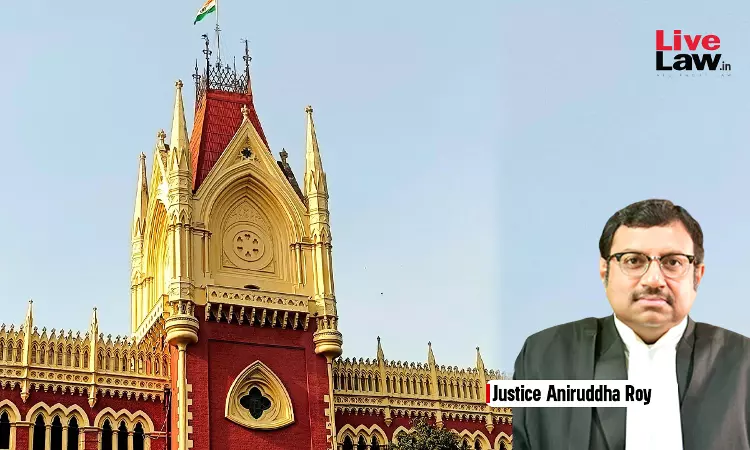The Calcutta High Court has held that the right of eminent domain exercised by a state for the larger public interest would prevail over the constitutional right to property of private landowners under Article 300A of the Constitution.While allowing the authorities to acquire the petitioner's premises for metro railway construction, Justice Aniruddha Roy held:The right guaranteed under...

